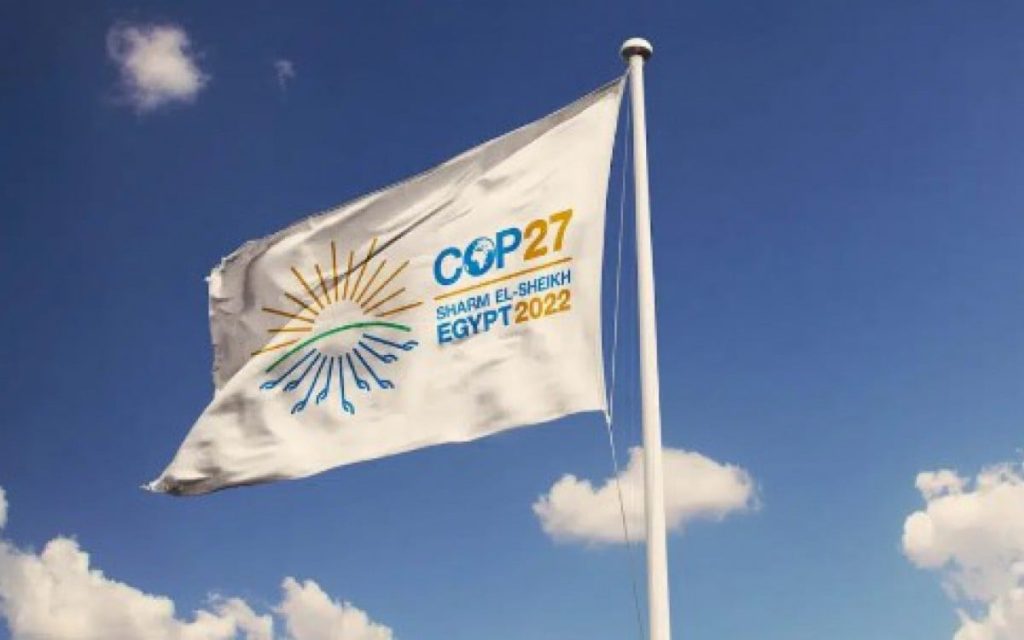European Commission Vice-President Frans Timmermans said after an evening of talks that the EU would rather “have no result than a bad result”. COP27 was supposed to officially end on Friday (18th).
The European bloc opposes the proposal of the Egyptian presidency, which, in its opinion, causes a decline in the commitment of nearly 200 member states of the Conference of the Parties to continue reducing greenhouse gas emissions, which is known as the mitigation chapter in the negotiations.
Egyptian Foreign Minister Ameh Shoukry, who chairs COP27, responded that “the vast majority of parties have indicated that they consider the text to be balanced and that it could lead to consensus.”
Mitigation is necessary to keep the goal “alive” of limiting global warming to +1.5°C.
German Foreign Minister Annelena Baerbock said: “We are not here to make statements, but to keep the 1.5C target alive.”
The 27th United Nations Climate Conference kicked off on November 6 with a dominant topic on the agenda: the possibility of creating a Climate Change Loss and Damage Fund.
Negotiations accelerated after Timmermans proposed, in a plenary session on Thursday, addressing the creation of a climate disaster “response fund”, intended for the most vulnerable countries, on two basic conditions.
The first is to “broaden the donor base,” that is, to integrate countries that have become major emitters of greenhouse gases, such as China. The second requirement is to have a strong and explicit mitigation commitment, to maintain the +1.5°C limit target.
Links between the Offset Fund, to which it contributes, and emissions mitigation have hampered negotiations, according to several sources consulted by AFP.
The negotiating text it generates has the support of the “vast majority,” and it has yet to be released Saturday morning. An earlier draft indicated as many as three fund options.
A Latin American source, who asked not to be named, warned that the whole chapter on mitigation had “exploded” with very contradictory demands.
$100 billion a year
The landmark 2015 agreement laid the groundwork for the current commitment against climate change, but indicated that responsibility is shared, albeit differentiated, that is, developed countries should contribute much more based on their histories of emissions and use of natural resources.
There is a great deal of mistrust among developing countries regarding the broken promises of the past.
In 2009, developed countries promised that from 2020 they would spend $100 billion annually to help poor countries adapt to climate change and reduce their emissions, as the energy transition begins.
And the value of $ 100 billion, which has not yet been completed, must be increased initially from 2025.

“Hardcore beer fanatic. Falls down a lot. Professional coffee fan. Music ninja.”






More Stories
The law allows children and adolescents to visit parents in the hospital.
Scientists pave the way for the emergence of a new element in the periodic table | World and Science
Can dengue cause hair loss? Expert explains how the disease affects hair